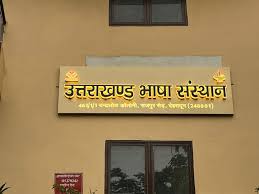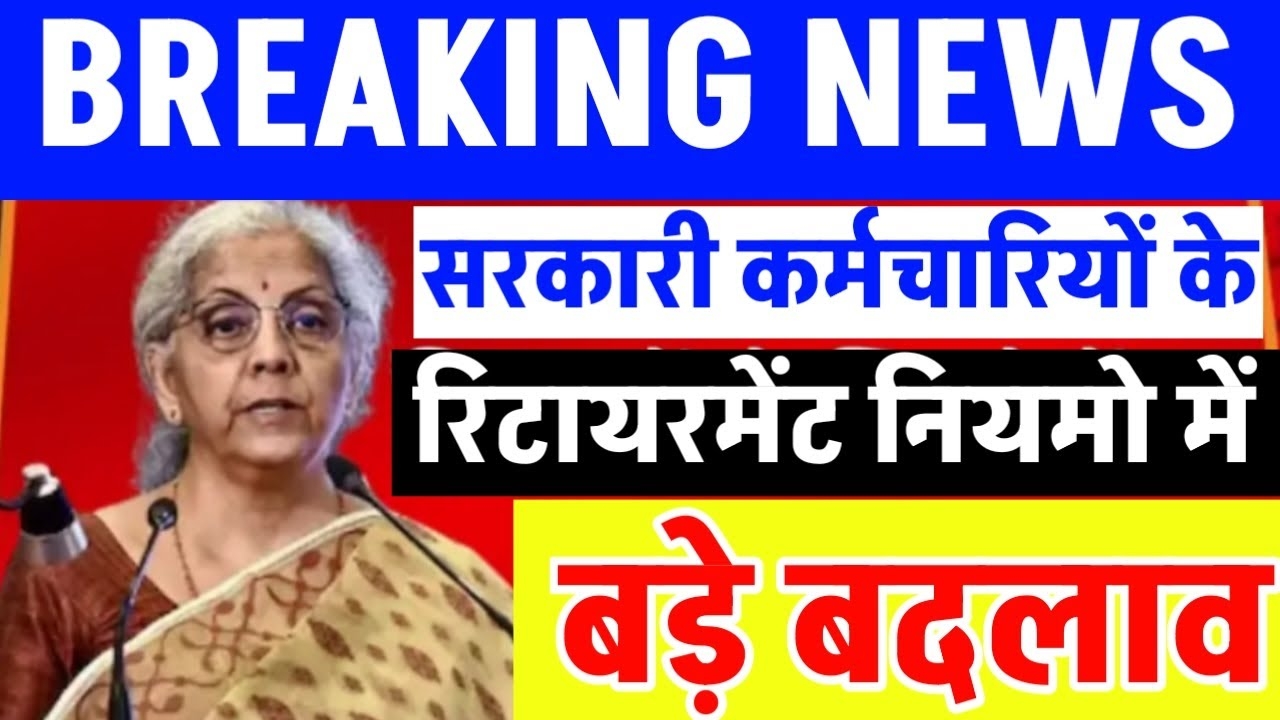UK Bhasha Sansthan, officially known as उत्तराखंड भाषा संस्थान, is a pivotal state institution dedicated to nurturing, preserving, and propagating the diverse linguistic heritage of Uttarakhand.
Despite its significant mandate, the institution’s journey has been both inspiring and challenging—reflecting the broader story of language preservation against the tides of modernization. As language and dialects continue to serve as the vessel of culture and identity, the role of UK Bhasha Sansthan has only become more vital.
Founding and Vision
The institution was established in 2010 by the Uttarakhand state government with the aim to uplift regional languages, dialects, and the literature of Uttarakhand. This vision was given legislative shape by the enactment of a dedicated act for the institute in 2018.
The founding principles revolve around safeguarding not only major Indian languages but also the less-known regional languages and dialects spoken throughout the hilly state.
UK Bhasha Sansthan Organizational Structure 2025
UK Bhasha Sansthan operates from its designated headquarters in Dehradun. However, the journey towards having a permanent base has witnessed numerous bureaucratic and logistical hurdles.
- रिटायरमेंट को लेकर बड़ी खबर! सरकारी कर्मचारियों के नियमों में बदलाव की संभावना? Retirement Rules Latest Update
- 17 अक्टूबर से पेंशन के नए नियम लागू! वृद्धा, विधवा और विकलांग पेंशन में होगा बड़ा बदलाव Pension New Rules 2025
- EPFO Update: अब PF अकाउंट से निकलेगा पूरा पैसा! सरकार ने बदले नियम
- DA Hike Update: केंद्र सरकार देगी 18 महीने का एरियर – 8th Pay Commission पर बड़ा ऐलान!
- कब है दीपावली, 20 या 21 अक्टूबर? जानें क्या कहते हैं ज्योतिषी! Diwali 2025
- WhatsApp पर अब खतरा! Supreme Court का बड़ा फैसला 2025 – हर यूजर हो जाए सावधान
- Home Loan: होम लोन पर लगने वाले भारी ब्याज दर से छुटकारा! ऐसे जल्दी चुका सकते हैं पूरा लोन
- 17 अक्टूबर 2025 से शुरू होंगी 10 नई ट्रेनें! टिकट बुकिंग आज से चालू – रूट लिस्ट देखें Indian Railway New Trains
- Forest Guard Recruitment 2025: 12वीं पास युवाओं के लिए सुनहरा मौका, खेल कोटे से सीधी भर्ती शुरू
- Gold Silver Price Today: जानिए आज 24K और 22K सोने का भाव
- Vaibhav Suryavanshi: 14 गेंदों में तूफानी पारी – वैभव सूर्यवंशी ने पलटा पूरा मैच, देखें आंकड़े
- ₹5000 से शुरू करें ये छोटा बिजनेस और महीने में कमाएं ₹50,000
Despite the act stipulating Dehradun as its headquarters, various government efforts and announcements have attempted to relocate the base to Gairsain, the state’s summer capital. To date, the final establishment and transfer of land remain unresolved, leaving the institute functionally mobile.
Facts about UK Bhasha Sansthan

| Attribute | Details |
|---|---|
| Year of Establishment | 2010 |
| Legal Framework | Dedicated Act (2018) |
| Current Headquarters | Dehradun (Permanent headquarters under process) |
| Languages Covered | Hindi, Garhwali, Kumaoni, Jaunsari, Tharu, Bhotia, Rang, Buksa, and regional dialects |
| Key Programs | Documentation, Publications, Education, Research, Literary Awards, Workshops, Outreach |
| Major Challenges | Headquarters establishment, Funding, Resource allocation |
| Recent Initiatives | Literary festivals, Digital archives, Translation projects |
| Administrative Head | Director (2025: Swati Bhadauria) |
| Target Beneficiaries | Writers, Researchers, Educators, Students, NGOs, Cultural Organizations |
Key Departments within UK Bhasha Sansthan:
- Research and Documentation
- Publication and Transliteration
- Language Development and Training
- Event Coordination and Outreach
- Grants and Literary Honors
Objectives and Core Activities
The broad mandate of UK Bhasha Sansthan includes both protective and generative roles:
- Documentation and Research: Conducting fieldwork to document, archive, and research various languages, sub-languages, and dialects.
- Publication Initiatives: Publishing and supporting books, journals, and periodicals in and about regional languages and their literature.
- Language Education: Running training centers and workshops for language learning, and providing pedagogical resources for schools and communities.
- Translation and Standardization: Translating important documents and creating standard lexicons, particularly for use in educational and administrative settings.
- Literary Recognition and Awards: Honoring writers, poets, translators, and researchers working for language and literature development.
- Events and Outreach: Organization of seminars, workshops, and conferences at local, state, and national levels to raise awareness and encourage research.
Language Focus
While Hindi remains the primary link language, Uttarakhand is home to several regional languages and dialects. The institute works extensively with:
- Garhwali
- Kumaoni
- Jaunsari
- Rang
- Tharu
- Bhotia
- Buksa
- Regional variations and sub-dialects
These languages are not merely communication tools—they harbor folklore, proverbs, traditional wisdom, and a distinct sense of cultural identity.
Legislative Framework
The UK Bhasha Sansthan is governed by an act that provides it with the legal authority to carry out its functions. This act enables the institute to:
- Operate as a registered body under the Societies Registration Act of 1860.
- Provide consultative support to government departments for language-related policy and educational initiatives.
- Award grants and recognitions to allied language institutions and individuals.
- Undertake translation and publication of legal, administrative, and technical literature.
Developmental Challenges
One of the central challenges faced by the institution is infrastructure. Despite its establishment over a decade ago, the process of acquiring a permanent headquarters has been slow. Changes in government policies—rooted in shifting the state capital or administrative orders—have delayed land transfer and permanent office space, compelling the staff to work from temporary locations.
Another major challenge revolves around resource allocation. Many of the institute’s ambitious projects—such as digitization of manuscripts or creation of multi-lingual dictionaries—require sustained funding and technical assistance.
Achievements
- Successful documentation of endangered dialects through extensive field surveys.
- Publication of dictionaries, grammar books, textbooks, and translations from and into regional languages.
- Organization of national and state-level conferences and workshops on language technology, translation, and local literature.
- Honoring eminent literary personalities and researchers with awards and fellowships.
- Collaboration with educational institutions for curriculum development in regional languages.
Current Leadership and Administration
The administrative structure includes a Director, an Executive Committee, and a General Body. Periodic changes in leadership reflect changing political and academic priorities. As of 2025, recent statements from the Director highlight continued efforts to secure permanent headquarters and expand outreach programs.
Major Programs and Schemes
The Sansthan operates a slew of programs aimed at all segments of the population:
Literary Honors and Scholarships
- Providing Uttarakhand Sahitya Gaurav Samman to outstanding literary contributors.
- Scholarships for young researchers involved in dialect and folklore studies.
Publication Schemes
- Financial assistance for publishing books in or about local dialects.
- Reprinting rare and out-of-print literature to make it accessible for new generations.
Training and Education
- Regular workshops on translation, creative writing, and research methodology.
- Teacher training programs for effective language instruction in schools.
- Technical training in language digitization and archiving.
Outreach and Community Programs
- Organization of book fairs and literary festivals, such as the ‘Sahitya Poornotsav’.
- Awareness campaigns at the district and block levels to popularize regional languages.
Grants and Financial Support
- Funding to individuals and organizations working on language development and preservation.
- Collaboration with literary societies, NGOs, and academic institutions.
Key Publications
UK Bhasha Sansthan has a robust publication division, which focuses on knowledge production, preservation, and dissemination. Notable outputs include:
- Multilingual dictionaries and glossaries
- Literary anthologies and collections
- Research journals and periodicals
- Translations of important administrative, legal, and technical documents
- Digital archives of oral histories and folk songs
Impact on Uttarakhand’s Society
The preservation and promotion of language directly impact the social fabric and collective identity of Uttarakhand. The Bhasha Sansthan’s sustained initiatives have:
- Bolstered the self-esteem of communities whose languages face the threat of extinction.
- Encouraged the younger generation to take pride in their linguistic roots.
- Enabled cross-generational transmission of knowledge, folklore, and traditions.
Partnerships and Collaborations
The institution works closely with state universities, literary academies, and NGOs. These collaborations are vital for cross-disciplinary research, technology adoption, and effective outreach.
Frequently Asked Questions (FAQ)
Q1: What is the main objective of UK Bhasha Sansthan?
The main objective is to promote, preserve, and develop the regional languages and dialects of Uttarakhand through research, documentation, publication, and education efforts.
Q2: Where is the headquarters of UK Bhasha Sansthan located?
While officially based in Dehradun, the process of establishing a permanent headquarters is ongoing. Temporary operations continue from government-provided premises.
Q3: Who can benefit from UK Bhasha Sansthan’s schemes?
Writers, researchers, language experts, educators, students, NGO workers, and cultural organizations can apply for grants, scholarships, and participate in its various programs.
Q4: Does UK Bhasha Sansthan publish books or dictionaries in local languages?
Yes, one of its core activities is to publish and support the creation of new dictionaries, textbooks, anthologies, and translated works in all major and minor languages and dialects of Uttarakhand.
Q5: How does the institution honor literary and research excellence?
By awarding literary honors like Uttarakhand Sahitya Gaurav Samman, grants, and special fellowships to those distinguished in literary and linguistic contributions.
Conclusion
UK Bhasha Sansthan stands as a bulwark against the gradual erosion of linguistic diversity in Uttarakhand. Despite facing infrastructural and financial challenges, its commitment to language preservation and promotion has led to concrete achievements in documenting, teaching, and celebrating the state’s vibrant linguistic tapestry.
The ongoing efforts to establish a permanent headquarters, expand community outreach, and integrate modern technology signal a promising future for the institution and the languages it protects. Through its continued endeavors, UK Bhasha Sansthan remains the principal guardian of Uttarakhand’s unique cultural identity embedded in its words, stories, and songs.







